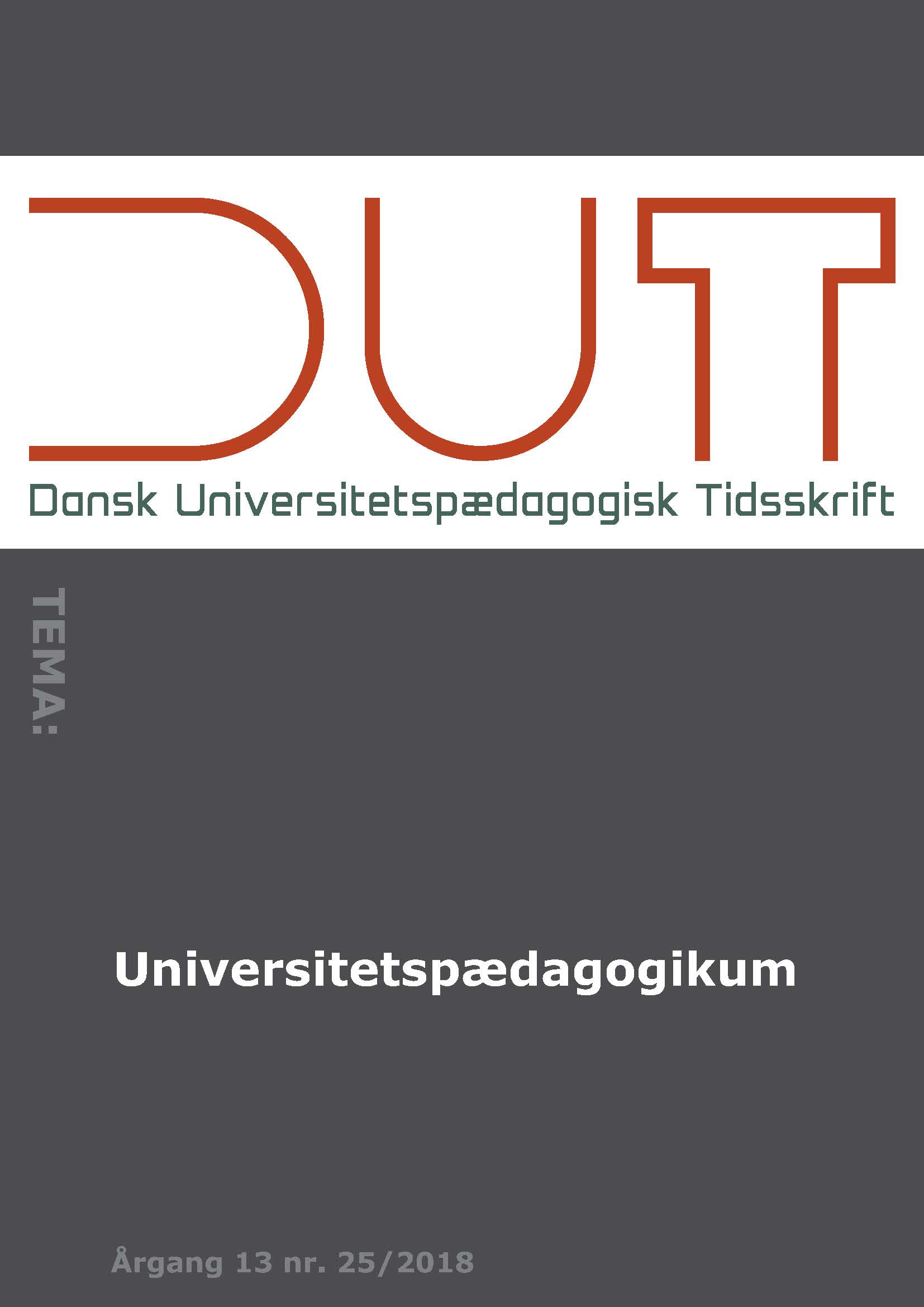A Virtual Veterinary Emergency Clinic – investigation of students' perceptions and self-efficacy beliefs
DOI:
https://doi.org/10.7146/dut.v13i25.103936Abstract
At the University of Copenhagen, companion animal emergency medicine is taught in a clinical environment after students’ completion of basic theoretical and clinical courses. Students are often anxious about emergency shift partici-pation and the prospect of being the responsible veterinarian in emergency sit-uations. This study aimed to investigate whether inclusion of virtual patients in addition to real-life patients would increase students’ perceived self-efficacy in emergency medicine. Sixty-seven students were divided into two groups, one of which participated in regular emergency rotations, while the other also learned in a Virtual Emergency Clinic (VEC). Participating students were given a ques-tionnaire regarding course experience and self-efficacy, with responses on a 10-point Likert scale. The VEC group expressed a higher level of knowledge and sig-nificantly higher level of exposure to and ability to handle emergency patients. In addition, virtual problem-based learning appeared to increase veterinary students’ self-efficacy with regard to managing emergency patients in their fu-ture careers.
Downloads
Published
How to Cite
Issue
Section
License
DUT udkommer elektronisk via Statsbibliotekets Open Journal System (Tidsskrift.dk) og DUNs hjemmeside (DUN-net.dk) forår og efterår. Det er gratis og frit tilgængeligt at læse og downloade artikler fra tidsskriftet.
Det er ikke muligt at abonnere på Dansk Universitetspædagogisk Tidsskrift, DUT, men hvis du er medlem af DUN, får du tilsendt en nyhedsmail med link til udgivelsen, når den nyeste udgave er online. Linket vil også være tilgængeligt her på siden, så snart tidsskriftet er publiceret.
© Copyright
Artikler publiseret i Dansk Universitetspædagogisk Tidsskrift, DUT, må bruges (downloades) og genbruges (distribueres, kopieres, citeres) til ikke-kommercielle formål med reference til forfattere og Dansk Universitetspædagogisk Tidsskrift.
Artikler indsendt til Dansk Universitetspædagogisk Tidsskrift må ikke publiseres i andre tidskrifter.
Betingelser
Artikler i Dansk Universitetspædagogisk Tidsskrift, DUT, er omfattet af ophavsretsloven, og der må citeres fra dem.
Følgende betingelser skal dog være opfyldt:
- Citatet skal være i overensstemmelse med „god skik“
- Der må kun citeres „i det omfang, som betinges af formålet“
- Ophavsmanden til teksten skal krediteres, og kilden skal angives ift. ovenstående bibliografiske oplysninger.





